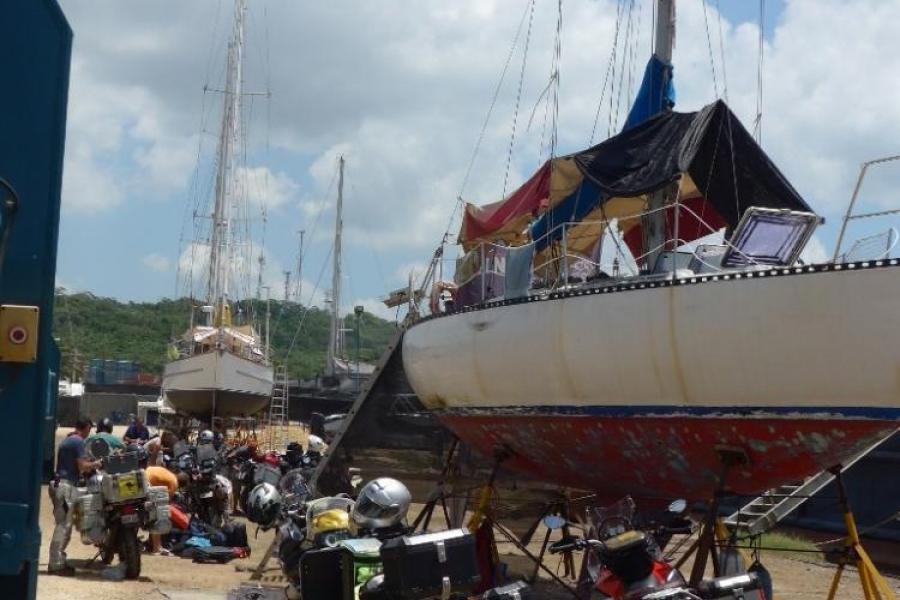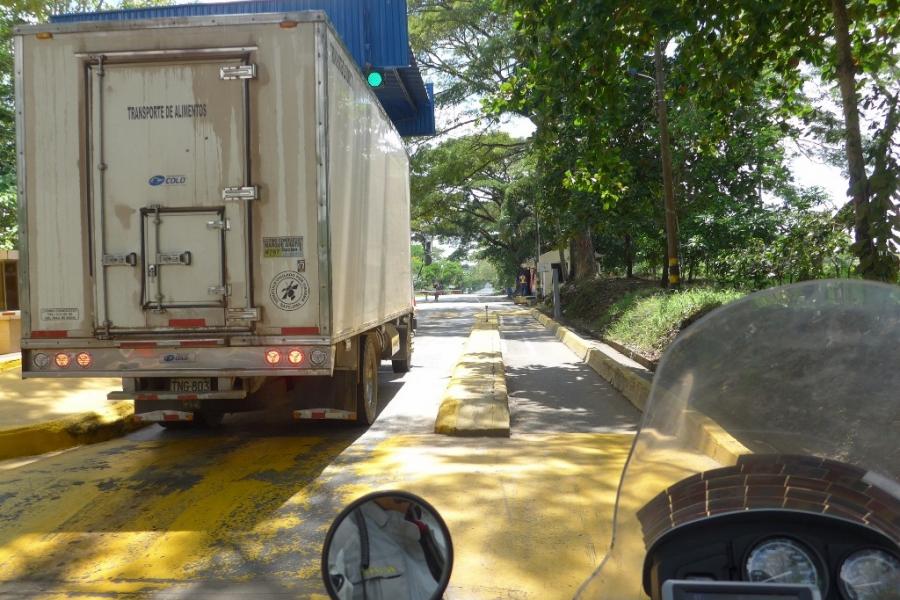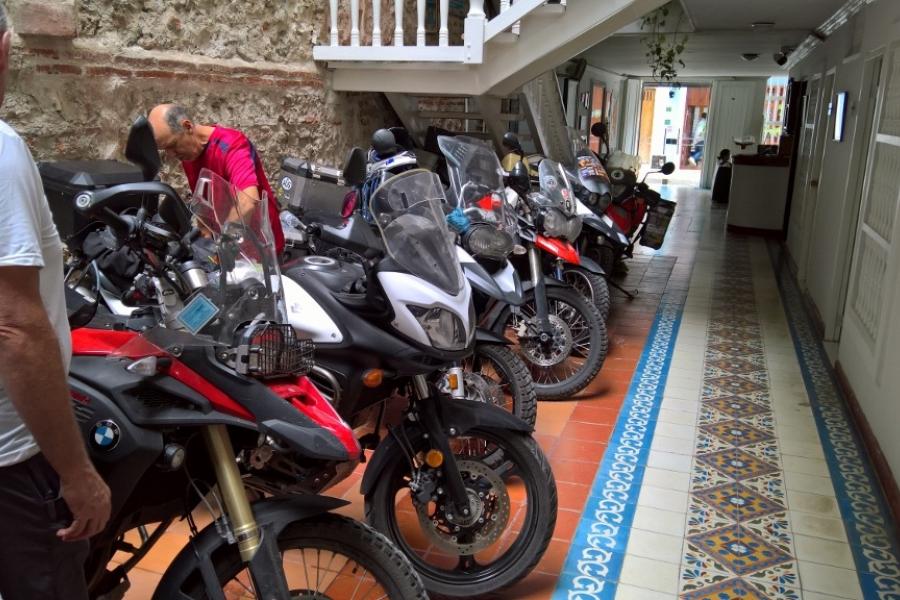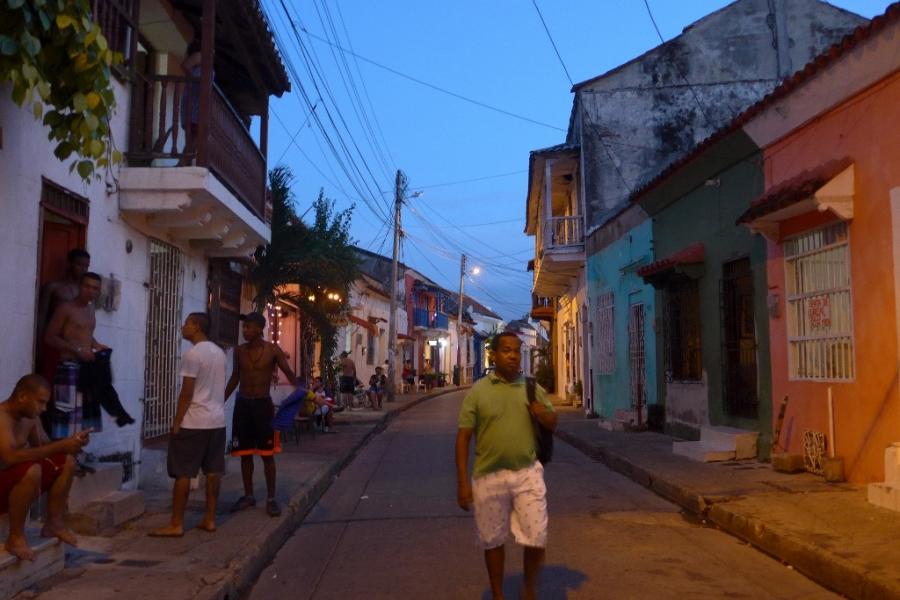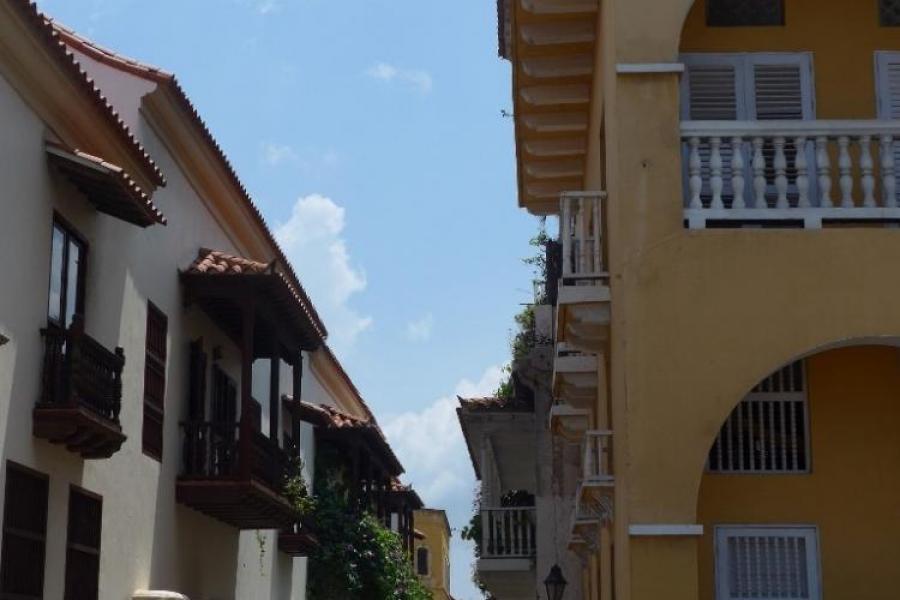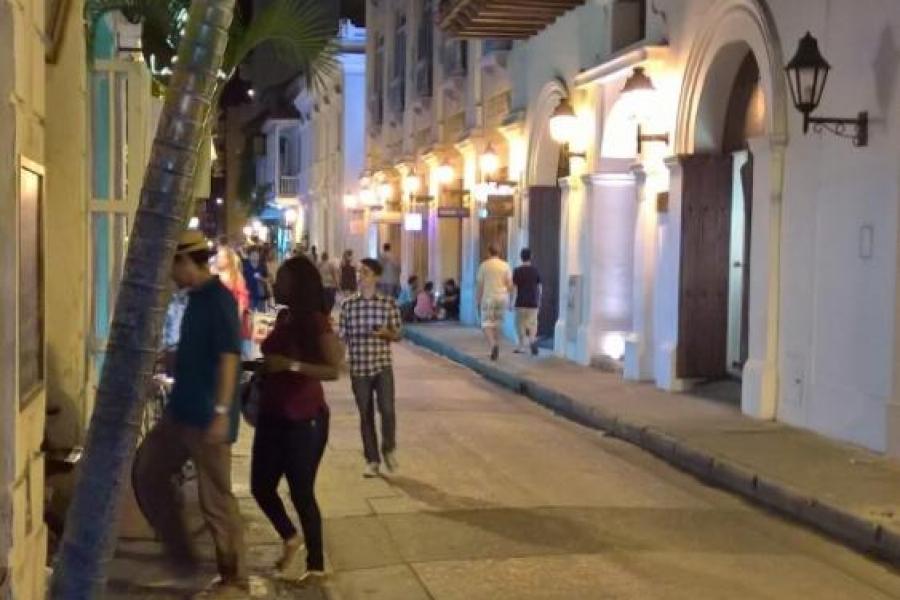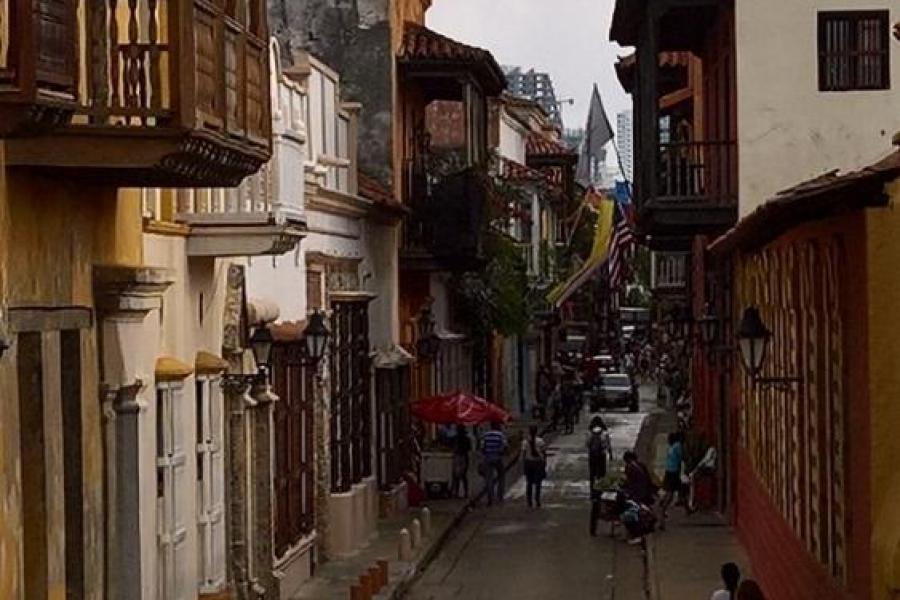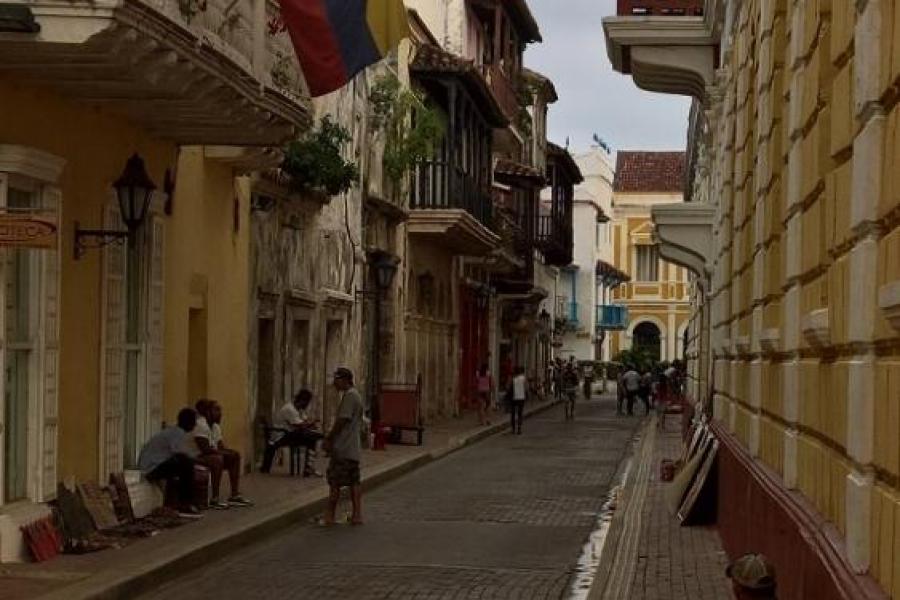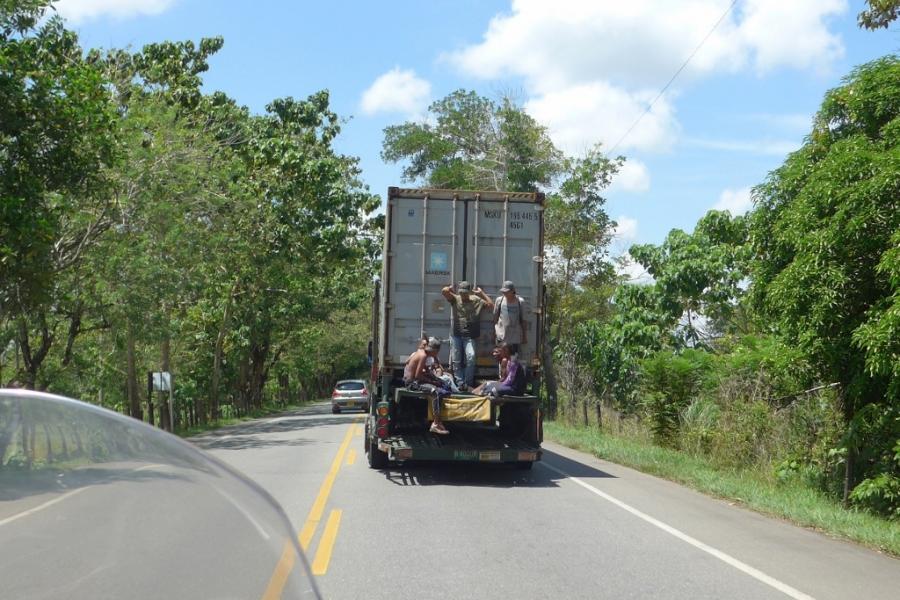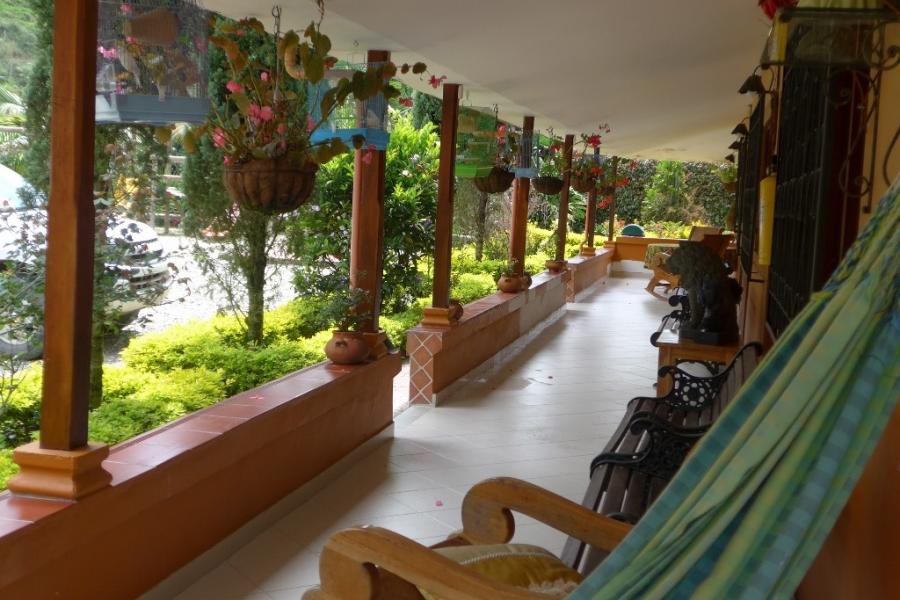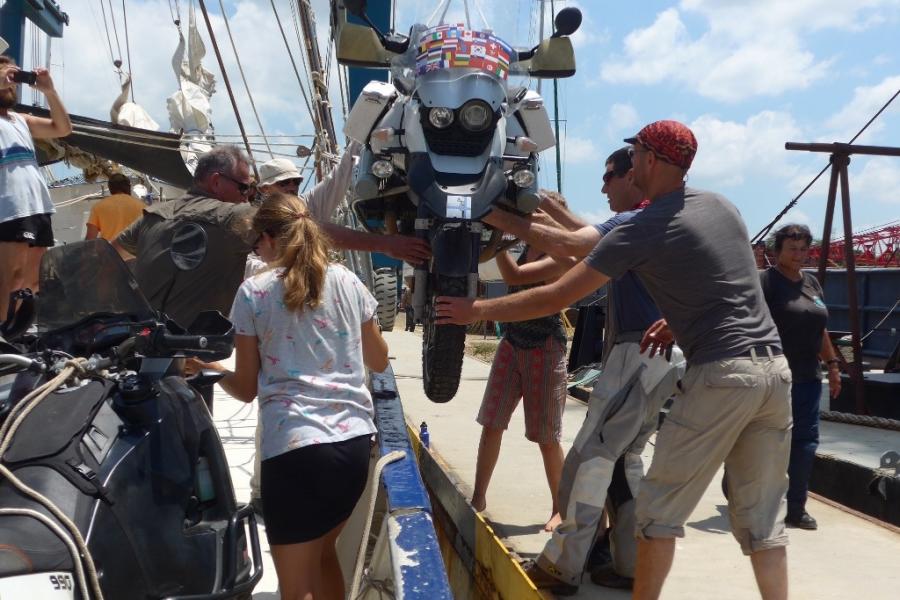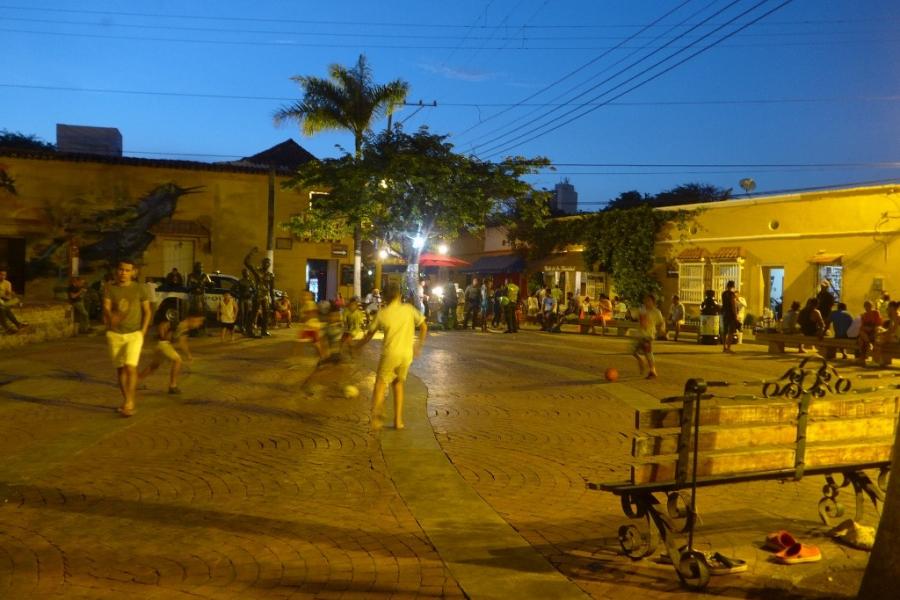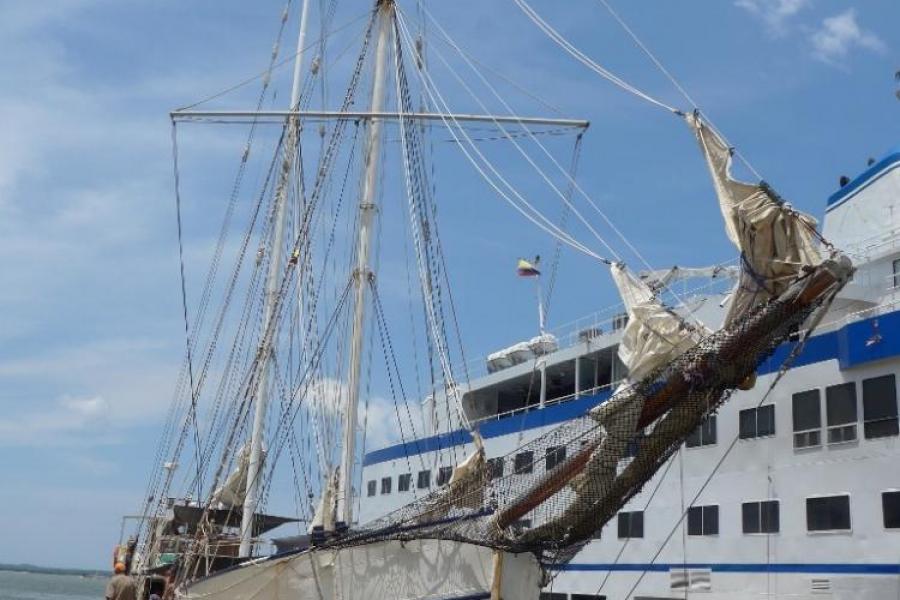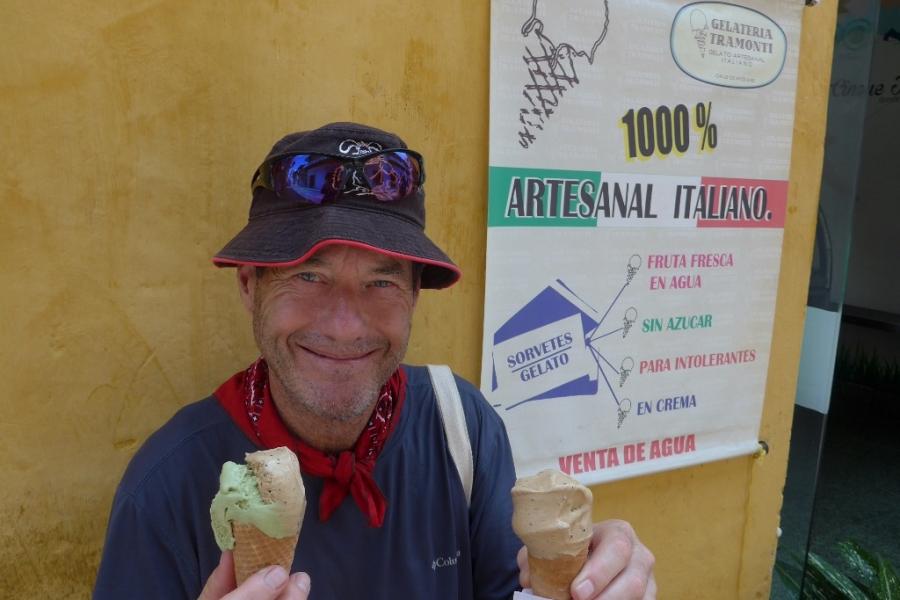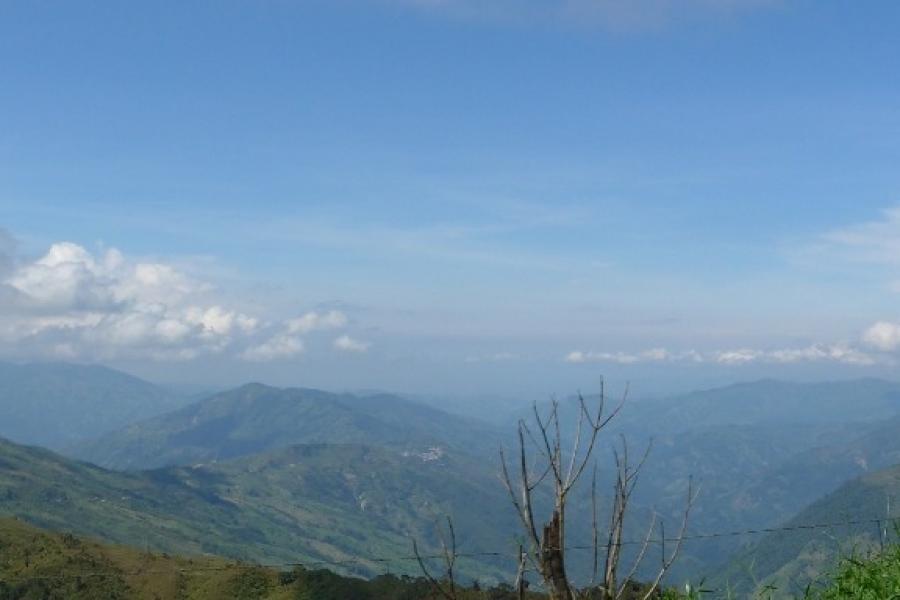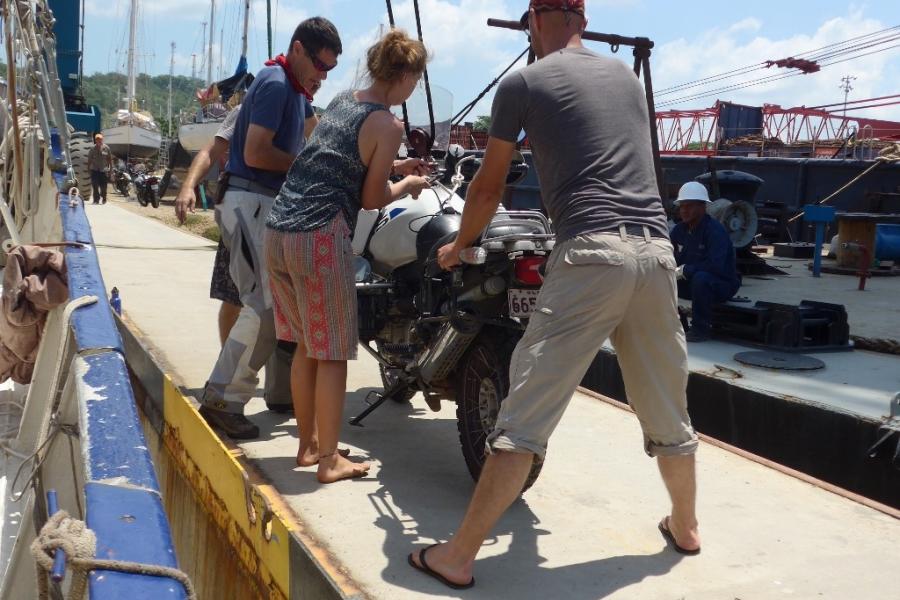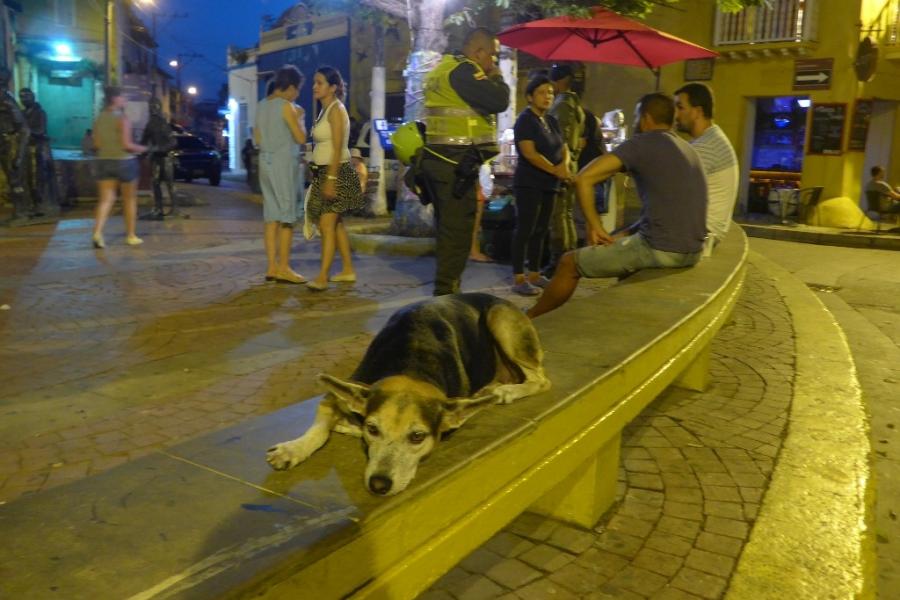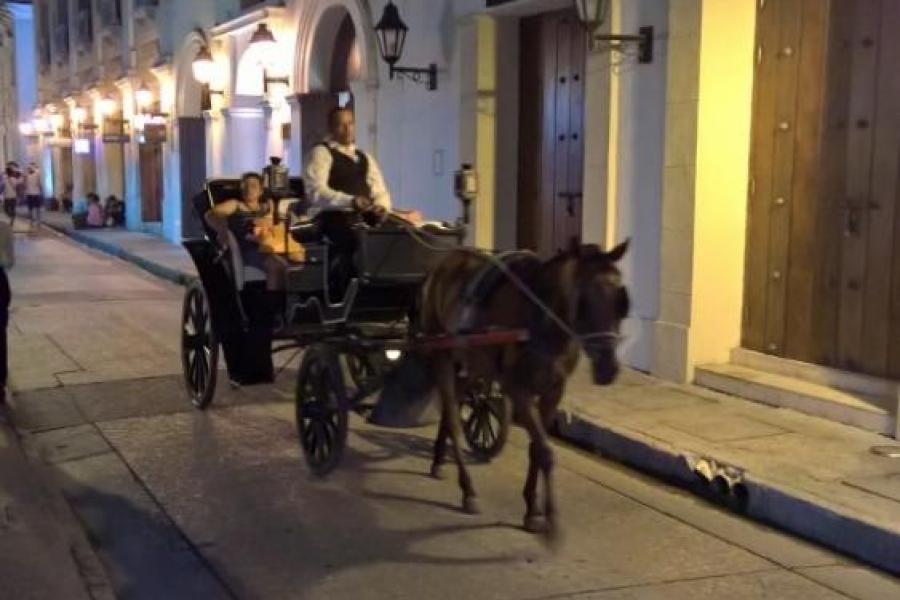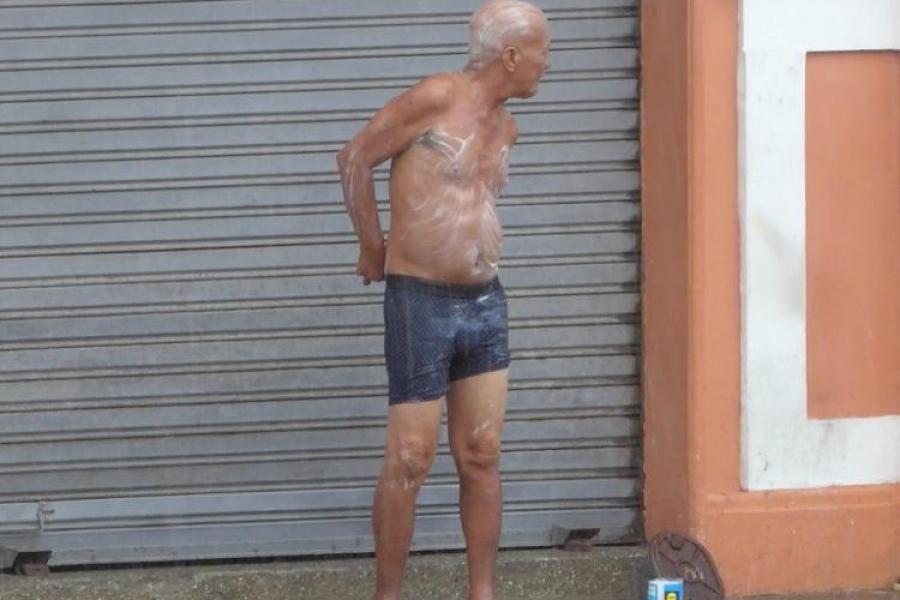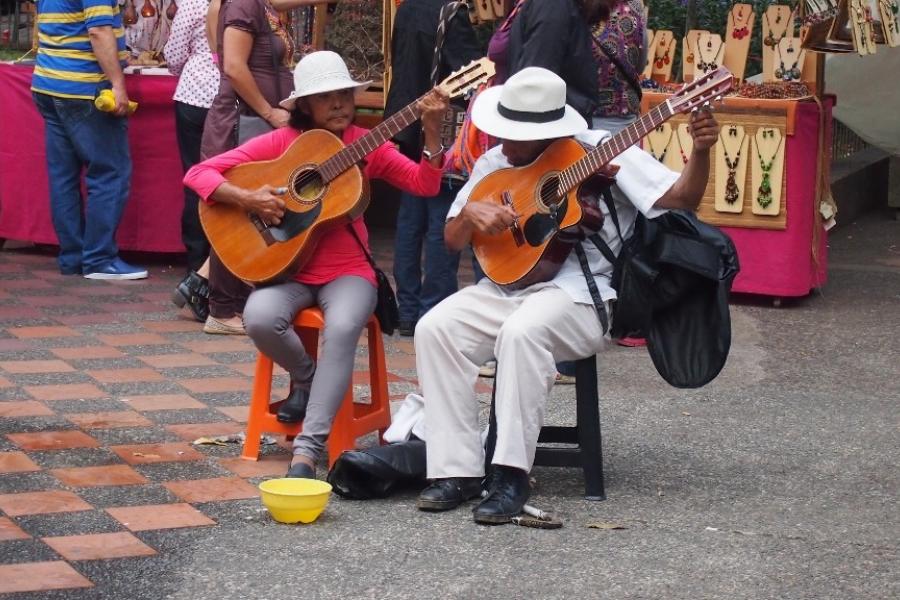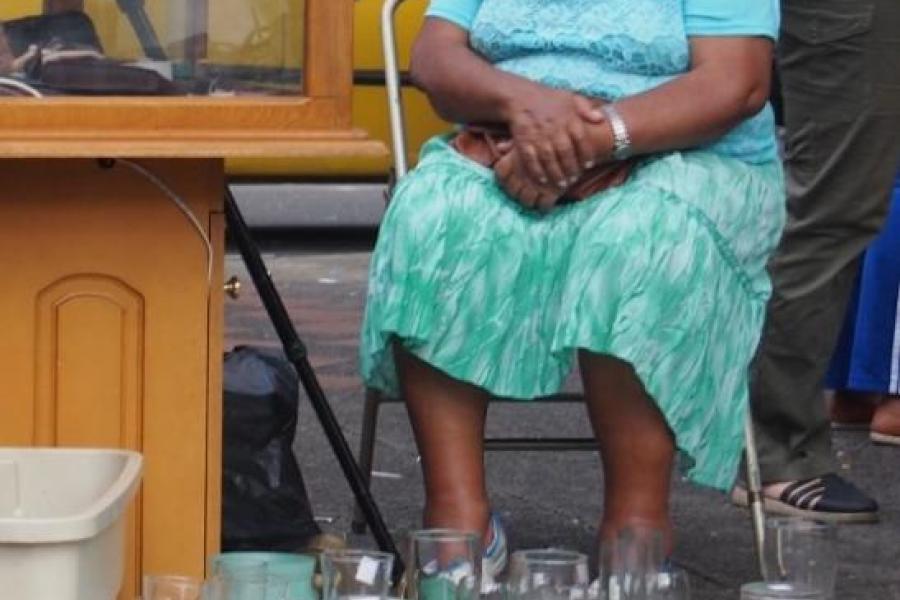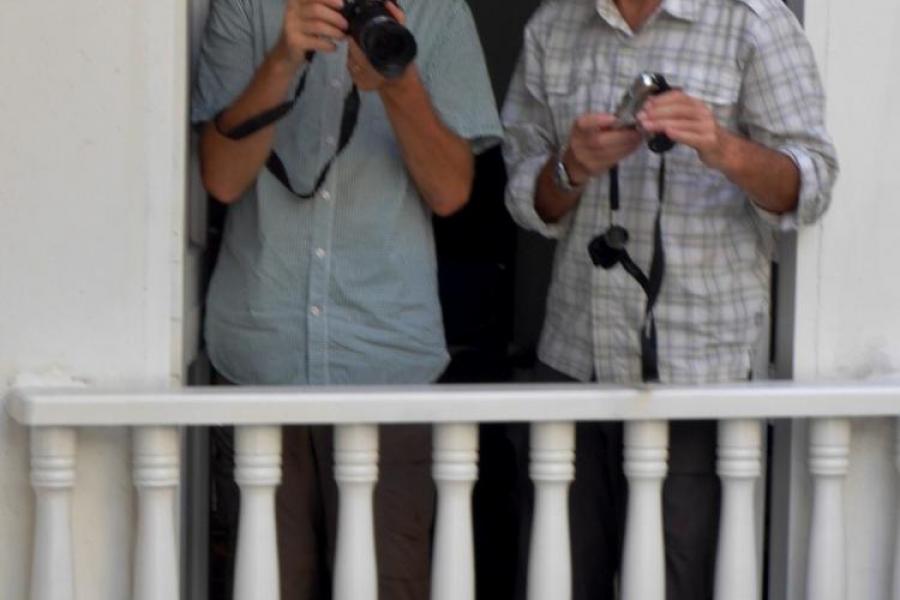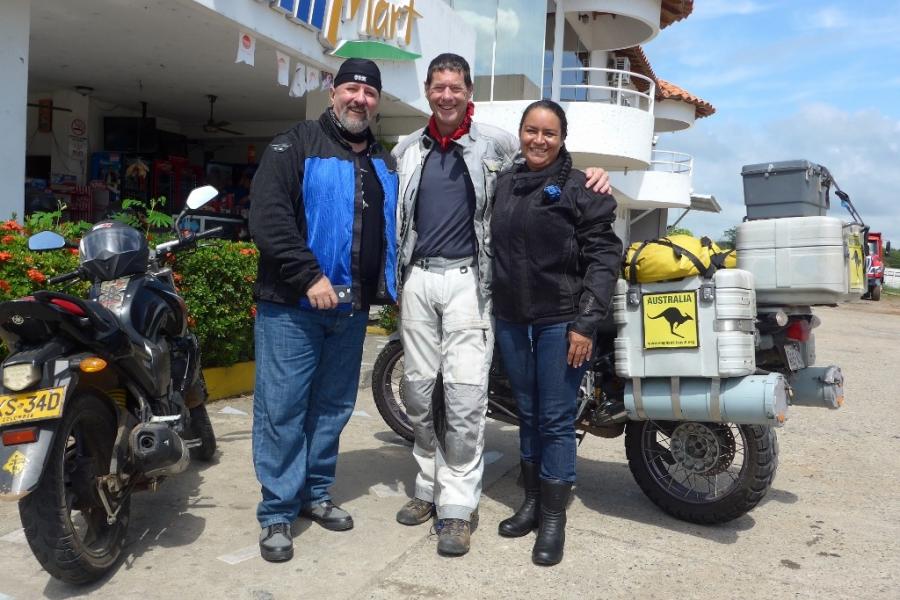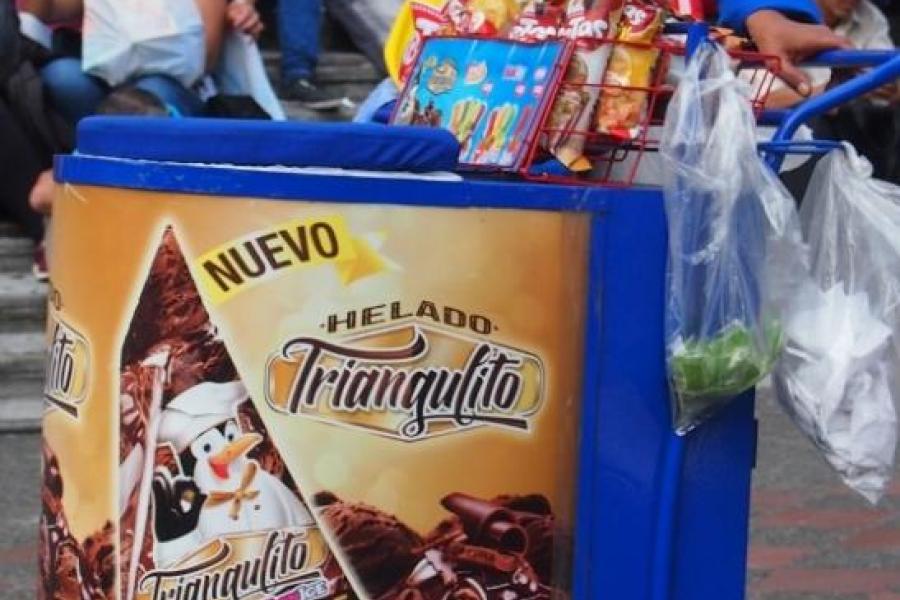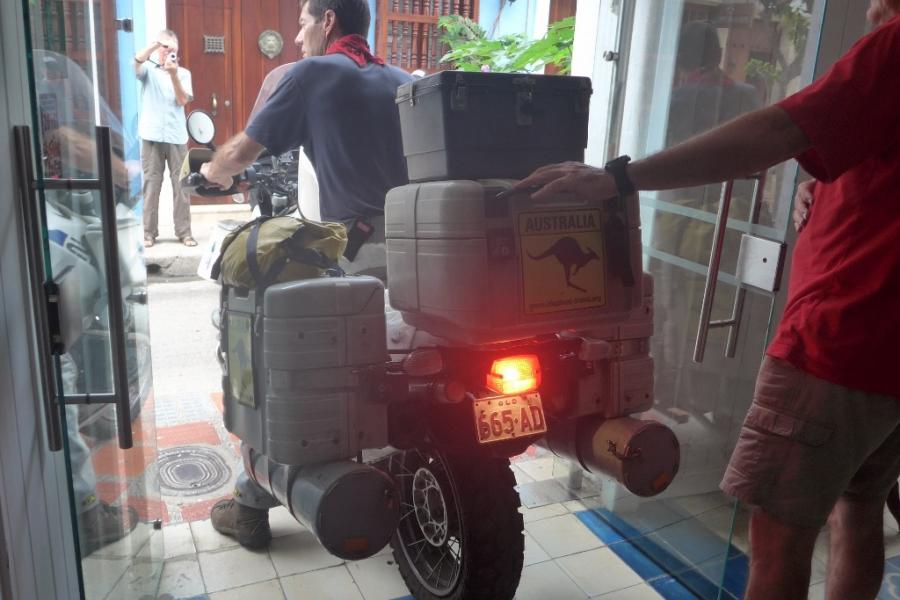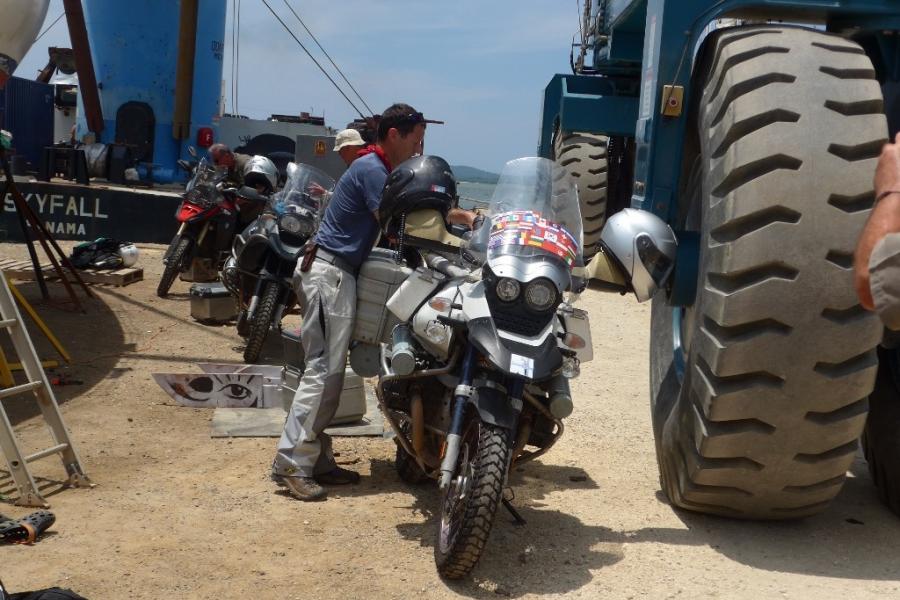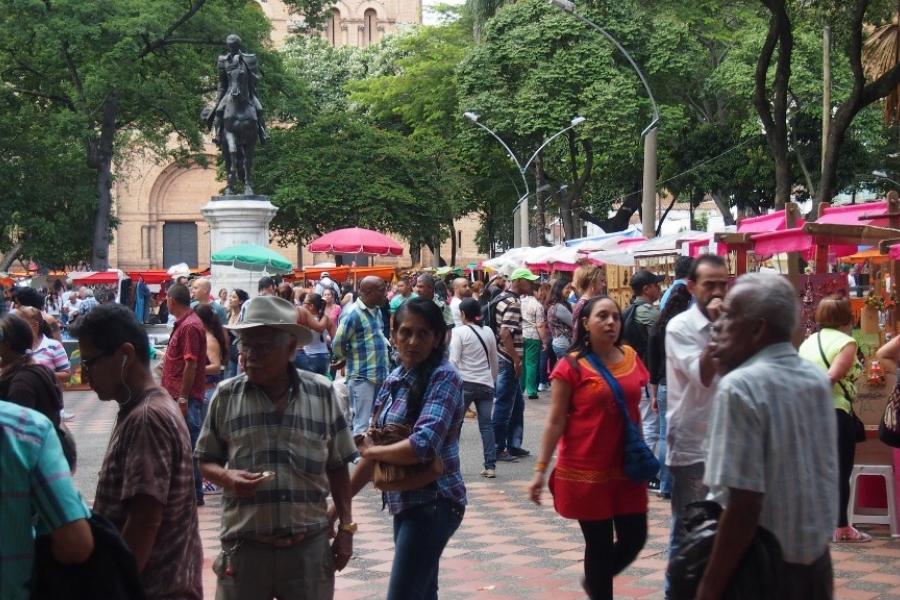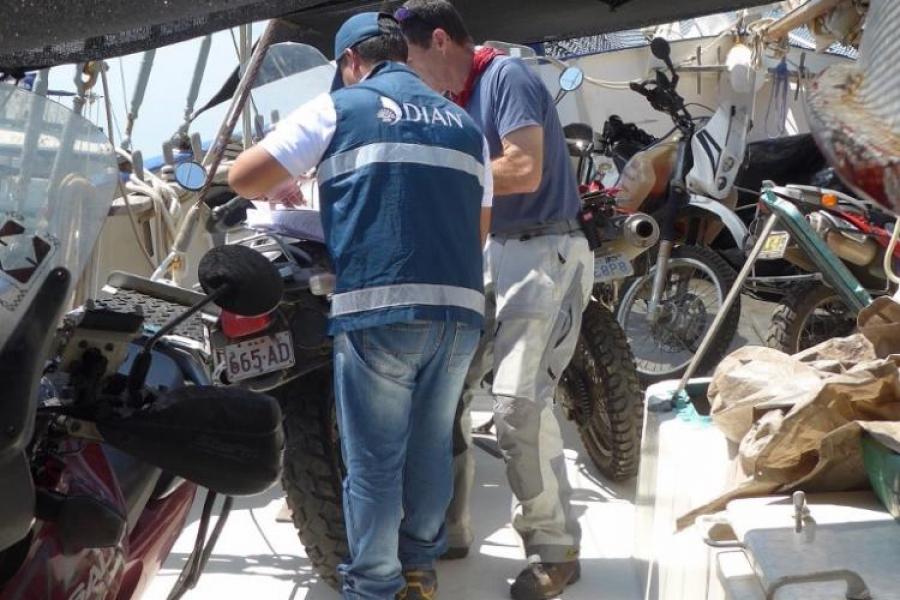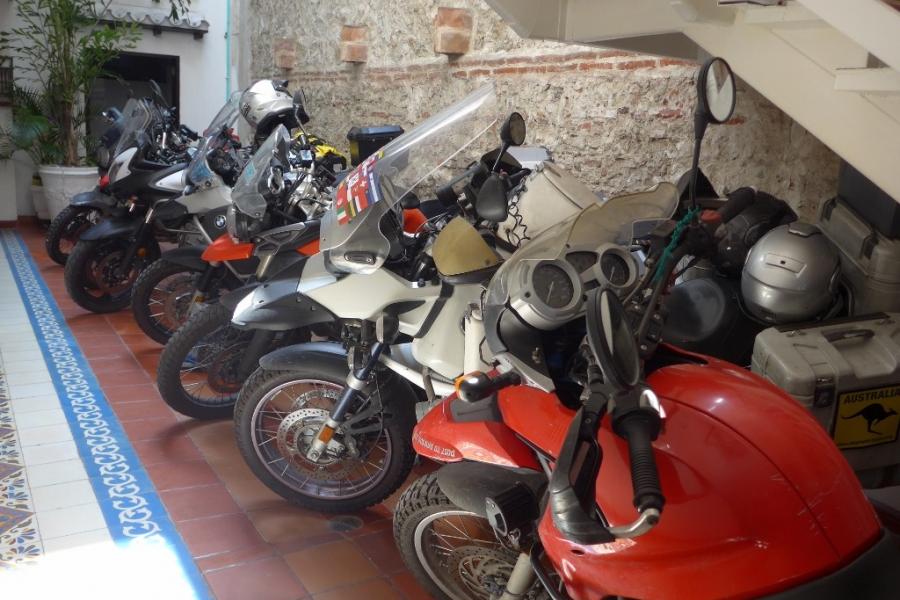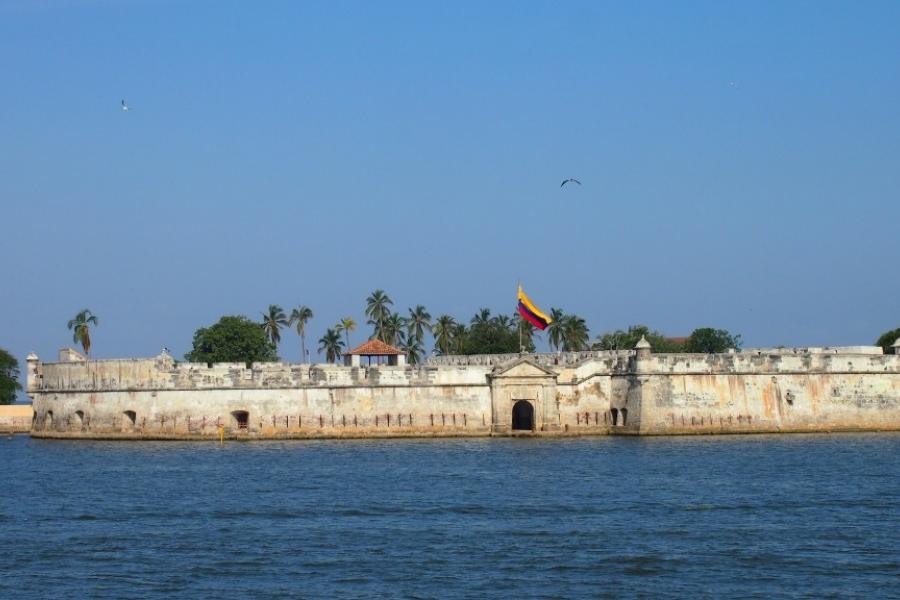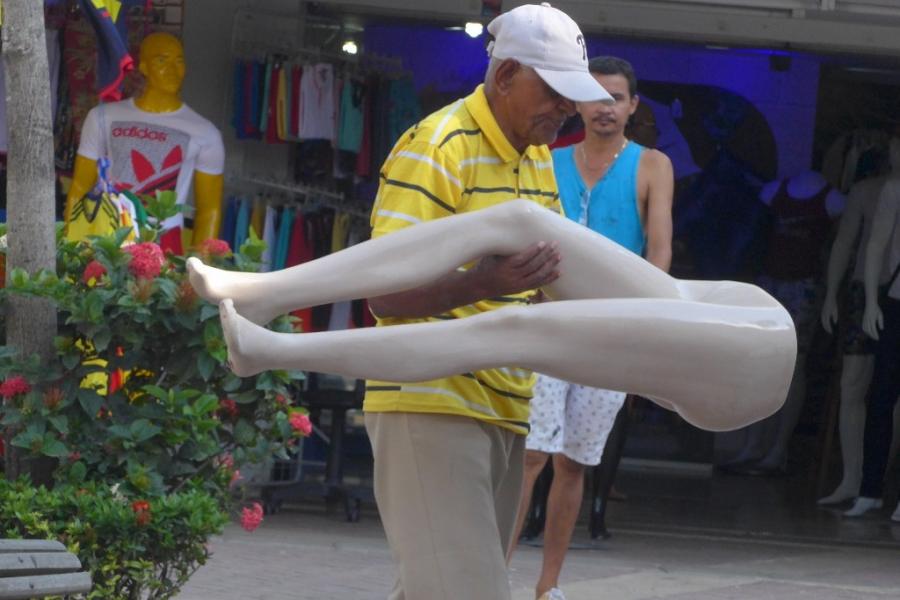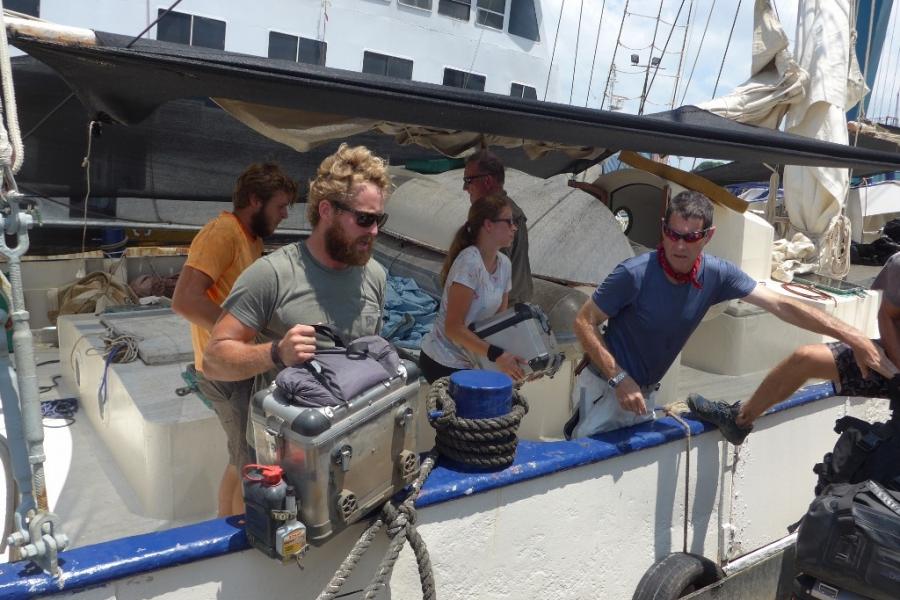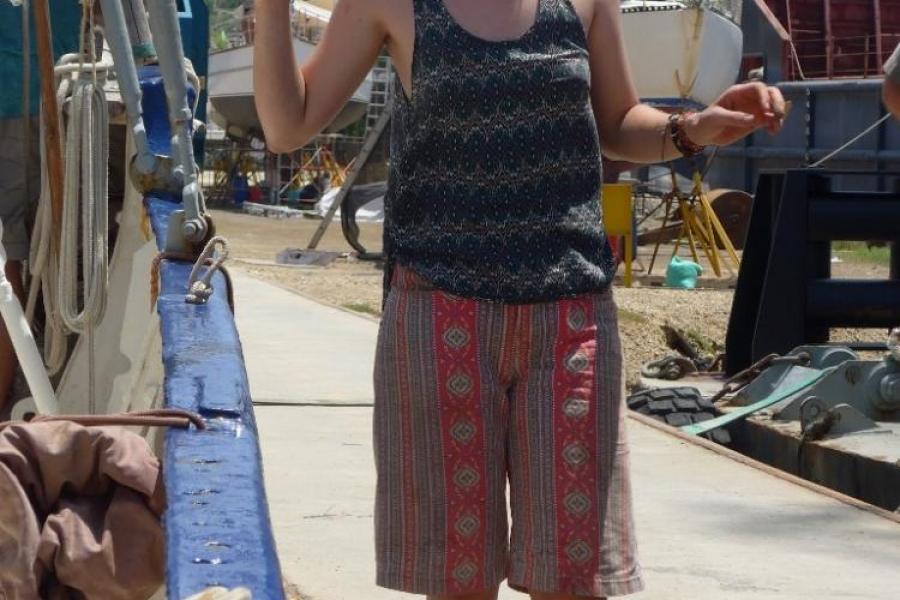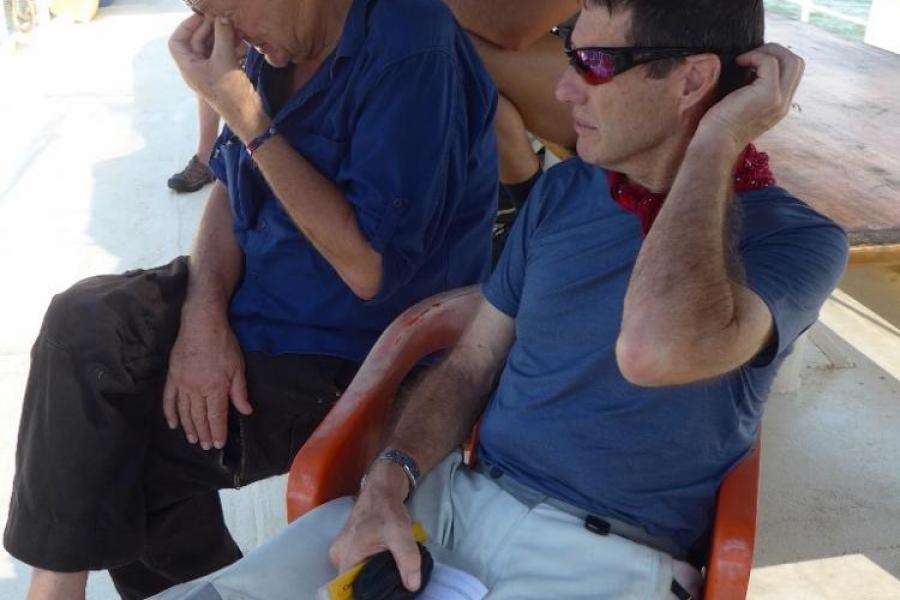FARC... Now what happens next? (Originally posted 16 Oct 2016)
Country
Our arrival in Cartagena was something of a relief for poor sailors likeTeam Elephant. Although neither of us succumbed to sea-sickness while others of the motley crew did, this was more to do with canny use of the drugs than tolerance for sailing. Sea dogs we ain't. We were glad to take the dinghy ashore leaving Elephant on board waiting for the “customs guy” to arrive the following day.
We hailed the first passing taxi to the old city to look for a hotel. There is problem, the driver said. The city is blocked off for the signing of the treaty, he said.
Get us as near as you can, we asked, and found ourselves climbing out of the taxi in front of a barricaded street with a number of serious, armed and uniformed gentlemen of uncertain provenance standing by. We asked a man in what we thought was a police uniform if we could go in to find a hotel. He looked at our heavy bags and decided not to send us to the official entrance. Instead, in what we now recognise as an act of typical Colombian hospitality, he moved the barricade, searched our bags on the footpath, showed us on the map where we had to go, then led us to a place where we couldn't get lost.
The “treaty” which had locked down the city was in reality a contract between the Government of Colombia and the Revolutionary Armed Forces of Colombia Peoples Army or FARC as we shall call it from here on. It is hoped that it will end a 52 year conflict that has its roots in a range of peasant grievances and the Cold War.
The FARC grew out of the Colombian Communist Party following a civil war between 1948 and 1956 which disproportionately affected the rural peasantry and agricultural reform in the 1960s, called Accelerated Economic Development. This left 400,000 rural families dispossessed of their land to make way for large scale farming. The Soviets, Cubans and IRA backed the peasants, the USA backed the Government and the result was an intractable conflict that has outlasted both the Cold War and the worst effects of poorly managed agricultural reforms.
There were thousands of official guests for the signing ceremony, all wearing white as requested on their invitations, and many international dignitaries including Ban Ki Moon and John Kerry. The hotels, including the one we had selected, were full of journalists leading us to an unwanted search for alternative digs. There were high levels of security everywhere. The Peace Contract was, however, both a big deal for Colombia and a great opportunity for us. The streets of the old city of Cartagena were unusually deserted of cars and people providing an extraordinary opportunity to walk the streets of one of the world's truly beautiful cities.
The old city of Cartagena was an obvious choice for such an historic event. It was on the swampy, steamy flat lands between here and Caracas that the drama of the revolt against Spanish rule played out in the first decades of the 19th Century and where one of South America's great heroes, Simon Bolivar, struggled from defeat into victory. The lesson of that conflict, which is true of the current one, is simply that to negotiate a peace, first you must win a war. You can't negotiate with a boot on your neck or a gun to your head.
We drifted out of Cartagena on our own after a few days, leaving behind some new and some old friends with some regret. We took the scenic route to Colombia's second city Medellin and ended the week in comfy digs close to the museums we had come to see. It is here that we end the week on a Sunday that is another landmark day for Colombia. Today the country goes to the polls to vote for or against the treaty. A “si” vote will see the treaty put into effect. A “no” vote will see the parties go back to the table to renegotiate or back to the hills to fight.
Everyone wants the conflict to end but, despite this, it is unclear how the country will vote. There are many misgivings about the details of the treaty, the consequences of allowing FARC to participate in government and the lack of justice for those killed by the conflict. There is plenty of inflated talk from both sides. Only one thing seems sure to me. If the country votes “si” then that will be just the start of the hard work and, whatever happens, Colombia will be a different country in the years ahead.

